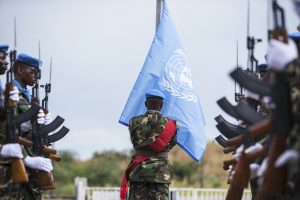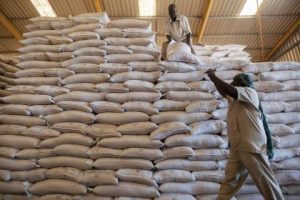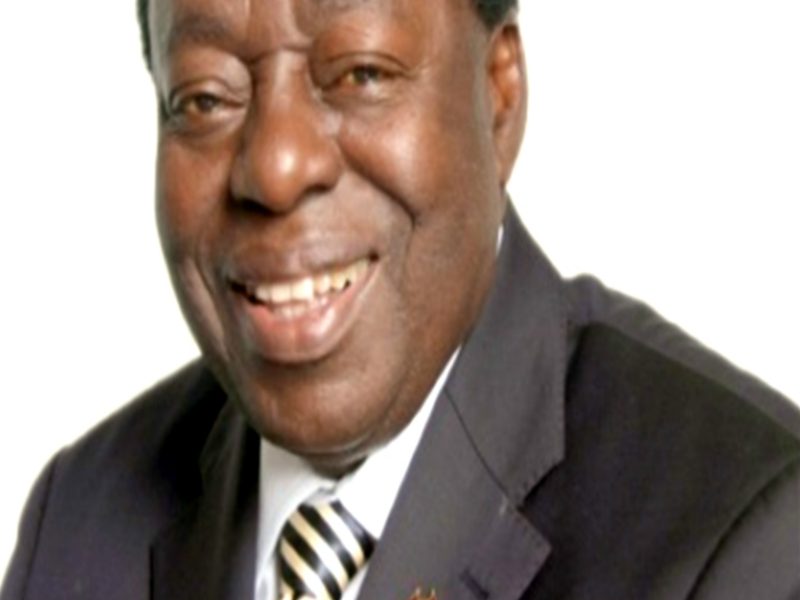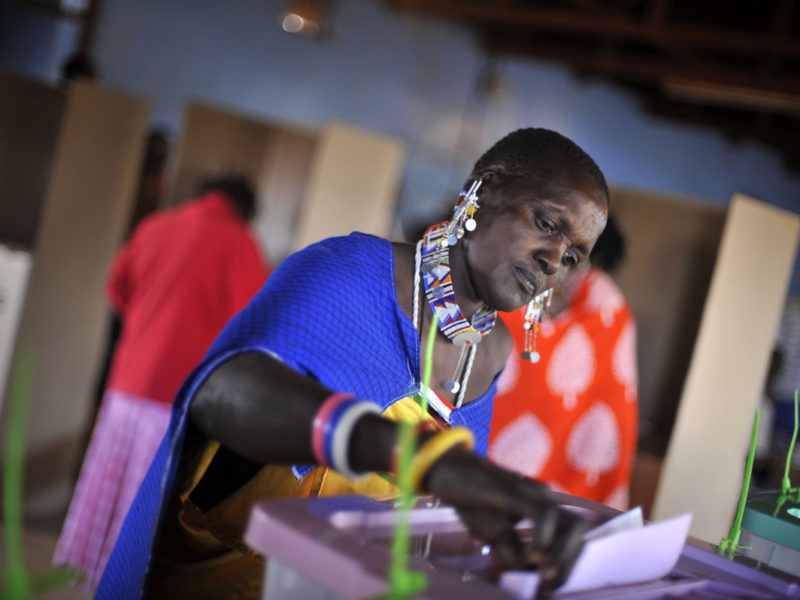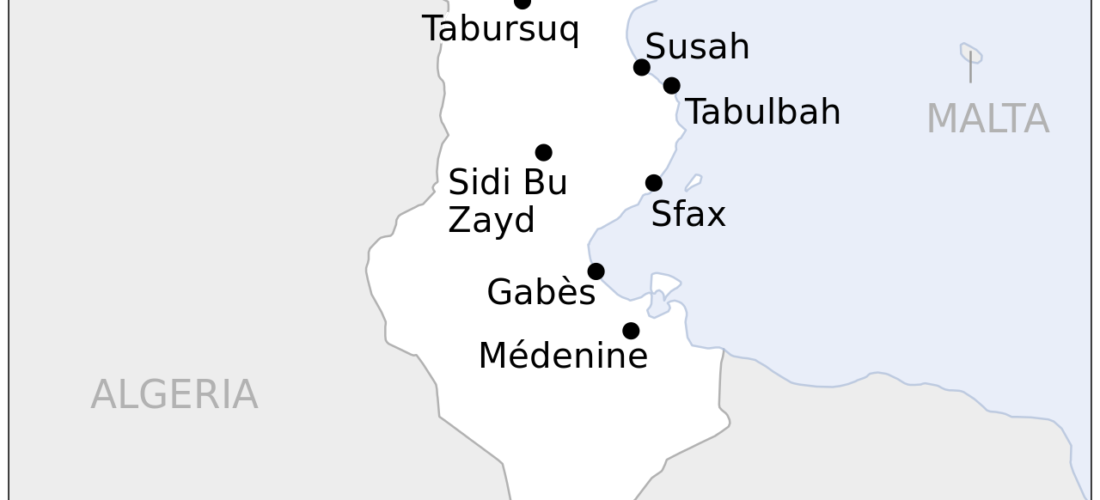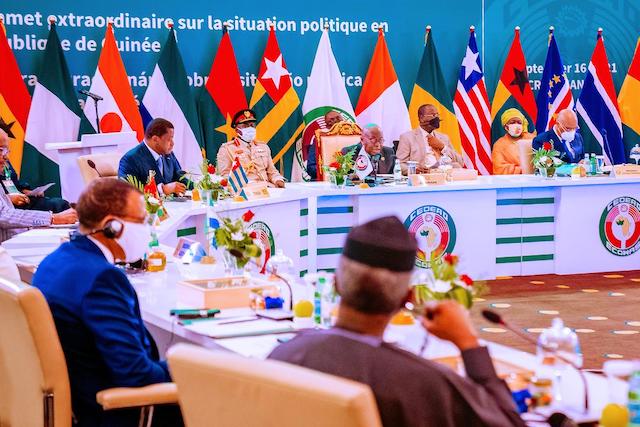
As the plane began to land and the lights, like candles, began to lighten the skies of the city where I was born, the lyrics of the song by Egyptian singer , Nagaat Alsaghira ‘Maa Ahla Erroujaa Ilayhee’ (how beautiful it is to come back) came to mind.
The city I’m referring tois Tunisia’s capital city, Tunis. This feeling I was gripped with on the plane has not changed once in the last seven years or so, in spite of all the problems the country has been facing since. And every time I’m approached about writing an article on the country since then, I facea dilemma in deciding where to start. Tunisia has been going through a myriad of issues since the events of 2010-2011, or what some refer to as the‘Arab Spring’, and is yet to find its balance again.
It is true that the country has led the way in the Arab and Muslim worlds in many respects, particularly with the reforms that it has initiated. The first was in its democratic elections held in 2014,which led to a governing coalition between the Islamists and the secularists.
Few months ago, Tunisia was the first Arab Muslim country and second in Africa, to South Africa, to criminalize all forms of racial discrimination. This is not the first time that the North African state spearheads a significant reform among Arab nations in this respect. In 1846, Tunisia became both the first Arab and the first Muslim country to abolish slavery.
Tunisia also made a groundbreaking decision last year when it adopted a law allowing Muslim Tunisian women to marry non-Muslim men and guaranteeing them and their offspring the same rights as Muslim men who marry non-Muslim women.
In the last few days, the country‘s government approved a law to amend the country’s Personal Status Code to provide for gender equality in inheritance. Under Sharia law, women only inherit half the share that men get. For the first time, the principle of true equality between the sexes is realised in the Muslim world.
These ‘revolutionary’ but ‘bold’ changes as described by many led by this small nation, have and will continue to be met with opposing reactions in the Arab and Muslim world. Of that I am certain. But the country will carry on taking the lead in changing the status quo within Tunisia and beyond, thereby becoming a dominant force for truerevolution in the Arab world.
Notwithstanding these positive reforms, internally the country has been grappling with many socio-economic and political problems since the events of 2011. Unemployment is higher than 15% and the figure is close to double in some of the more deprived interior regions with young people — graduates especially — being hit the hardest. Throughout Tunisia, the cost of living is rising at a rate that wages simply cannot meet and inflation has risen to about 8%. Compounding all this is the unfortunate fact that the value of the Tunisian dinar continues to fall further and further.
Recently, The General Union of Tunisian Workers (UGTT), a powerful labour syndicate that became the largest and most influential grass-root trade union organization since the overthrow of former President Zin El-Abidine Ben in 2011, called for a nationwide general strike across the public sector. The UGTT, which boasts more than half a million members (about 5% of Tunisia’s total population) and a branch in every province, has been engaged in a long stand-off with the Tunisian government over the need to increase pay in the public sector. About 650,000 public sector workers observed the strike and thousands joined protests across the country.
International lenders, including the International Monetary Fund (IMF), have urged the government to undertake a series of brisk public sector reforms, including the freezing of wages and the sale of state-owned companies, to reduce the country’s budget deficit. Public companies have accumulated losses of about $3 billion and the government is hoping to curb its public salary spending, reducing it from 15% of the annual budget to 12.5% by 2020.
The UGTT has said that the aim of the strike was to protest against what it described as erroneous government policies that serve to ‘erode the quality of services provided by the country’s public sector’.
The challenge mounted by the UGTT, Tunisia’s most powerful trade union, underscores an increasingly volatile situation in Tunisia, before parliamentary and presidential elections scheduled for next year. It also throws into question the government’s ability to effectively deal with growing discontent over a strained economy and a social situation which is reaching a boiling point. Earlier this year, protestors took to the streets after the government announced tax increases and austerity measures.
This economic and social crisis coincides with a deepening rift among political parties in the Tunisian government, which has been exacerbated by ruptures within the ruling coalition formed after the last elections in 2014.
Last month, the Tunisian parliament approved a cabinet reshuffle proposed by Prime Minister Youssef Chahed — a move Chahed said would fast track economic development and revive the country. Some observers are however sceptical of the Prime Minister’s claim and argue that while the approval is widely seen in Tunisia as a victory for Chahed over his political opponents, including his own party, Nidaa Tounes, who demanded that he step down because of his government’s failure to revive the economy and his implementation of IMF’S policies, it could deepen the power tussle between him and the country’s President, Beji Caid Essebsi who stood against the government reshuffle.
Also last month, Mr Essebsi announced the end of the political coalition between his secular party, Nidaa Tounes, and the Islamist party,Ennahda, accusing the latter of planning to assassinate him. Investigations also began into claims that Ennahda formed a shadow security agency that was responsible for the two political assassinations that took place in Tunisia in 2013.
This deepening political crisis, in combination with the unstable security situation with the looming threat of terrorism and the downfall of theeconomy have alienated the public, and forced some politicians to look to the military to intervene in managing Tunisia’s challenges. Among those is the Defence Minister himself, Abdelkarim Zbidi. He recently lambasted the country’s political leaders for failing to ‘protect the interests of the people’.
Zbidi’s rare public critique resonated with the vast majority of citizens who not only feel extremely disillusioned with a political class that has been wracked with party disputes and infighting, but also drained by their daily struggle to make ends meet that they cannot even begin to think of another uprising to recuperate the aims of their first one: jobs, freedom and dignity.
But despite the fact that this is probably Tunisia’s deepest crisis since the historic events of 2011, it remains to be seen whether the military will intervene. The place of the army in Tunisia — contrary to many other Arab countries — is ‘in the barracks’ as a former military commander said, and its primary mission is to protect the country, not to be involved in its internal politics.
Most Tunisians feel that they have had enough of the never-ending problems they face daily due to the currentsituation within their country, which renders them apathetic towards the reforms their government is spearheading in the field of women’s rights; subsequently, they could care less what the rest of the world is making of such reforms. Tunisians are looking for relief through any other outlets, particularly through their love of football. Just before I travelled home, a major football team, L’Esperance Sportif Tunisien, won a match against the well-known Egyptian Al-Ahly, thereby winning the African Championship. It made most Tunisians — even including supporters of other opposing teams —completely euphoric and restored their sense of pride and belonging to their beautiful country. Some even told me that if ‘we didn’t win the match, there would been serious unrest as some politicians have been working hard to divide the nation using anything including football!’
In spite ofTunisia’s current troubles, seven years after the country was hailed as the success story of the so-called ‘Arab Spring’(which has made many question its trajectory), many Tunisians compare their country to a sick mother whose children have made her suffering worse with their constant fighting.Yet they would never abandon her and they firmly believe she will soon get back on her feet, stronger than ever before.
Ends
Mounira Chaieb is a Tunisian Freelance Journalist, Media Trainer and Writer based in London.
Hits: 251








